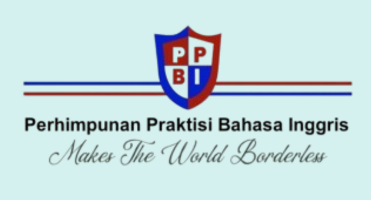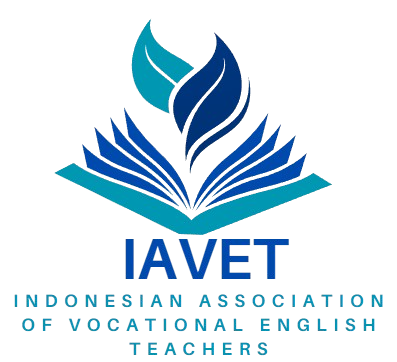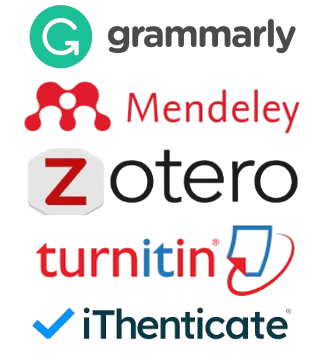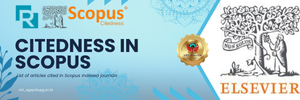Documenting Learning Moments, Journeys, and Expeditions as Teachers’ Reflection: A Book Review of the Writing Teacher’s Guide to Pedagogical Documentation
DOI:
https://doi.org/10.31963/rial.v2i1.4661Abstract
Education is a dynamic and collaborative process where students play a pivotal role in their own learning journey. They surpass their traditional role as mere recipients of knowledge and become active partners in the learning process, inspiring and enriching educators’ practices. However, despite the immense value that lies within the activities that unfold within classrooms, these experiences often go undocumented and unnoticed. The documentation of classroom activities yielded pedagogical evidence, which served as data informing teachers’ decision-making and instructional practices. Pedagogical documentation is a tool for formative assessment to identify the students’ learning needs (Buldu, 2010; Rintakorpi, 2016). These needs can be generated from capturing classroom learning activities as data or documents for learning analytics (Jones & McCoy, 2020). By emphasizing practical processes, protocols, and tools for effective documentation, Stockman equips educators with the essential framework to capture and analyze the full spectrum of learning experiences. It also provides teachers with the necessary guidance to enhance their documentation practices and promote authentic and evidence-based learning for their students. It goes beyond theory, offering real-world case studies and examples from experienced documentarians who have harnessed the power of documentation in their own teaching contexts. It offers an opportunity to reimagine teaching practices and create inclusive and vibrant learning environments. This book is organized in three parts: 1) a comprehensive description of documentation, 2) how to plan and organize a documentation project, and 3) what tools and resources to document the students’ learning.References
Buldu, M. (2010). Making learning visible in kindergarten classrooms: Pedagogical documentation as a formative assessment technique. Teaching and Teacher Education, 26(7), 1439–1449. https://doi.org/10.1016/j.tate.2010.05.003
Jones, K. M. ., & McCoy, C. (2020). Reconsidering Data in Learning Analytics: Opportunities for Critical Research Using a Documentation Studies Framework. In J. Jarke & A. Breiter (Eds.), The Datafication of Education (1st ed., pp. 67–78). Routledge.
Kalliala, M., & Samuelsson, I. P. (2014). Pedagogical documentation. Early Years: An International Research Journal, 34(2), 116–118. https://doi.org/10.1080/09575146.2014.906135
Lindgren, A. L. (2012). Ethical Issues in Pedagogical Documentation:Representations of Children Through Digital Technology. International Journal of Early Childhood, 44(3), 327–340. https://doi.org/10.1007/s13158-012-0074-x
Rintakorpi, K. (2016). Documenting with early childhood education teachers: Pedagogical documentation as a tool for developing early childhood pedagogy and practises. Early Years, 36(4), 399–412. https://doi.org/10.1080/09575146.2016.1145628
Downloads
Additional Files
Published
Issue
Section
License
Copyright (c) 2024 Research and Innovation in Applied Linguistics [RIAL]

This work is licensed under a Creative Commons Attribution-ShareAlike 4.0 International License.
Authors who publish with this journal agree to the following terms:
Authors who submit article to this journal, agree to grant the copyright to Research and Innovation in Applied Linguistics (RIAL) under a Creative Commons Attribution License: Creative Commons Attribution-ShareAlike 4.0 International License.
![]()
For collaborative works, authors should ensure that they have secured the necessary permissions from co-authors to submit the manuscript and grant the rights outlined in this policy.
Archiving and Access:
RIAL upholds an open access policy, ensuring that articles are freely accessible to a global audience upon publication. Authors' work will be archived electronically, facilitating its long-term availability and visibility.









.png)


